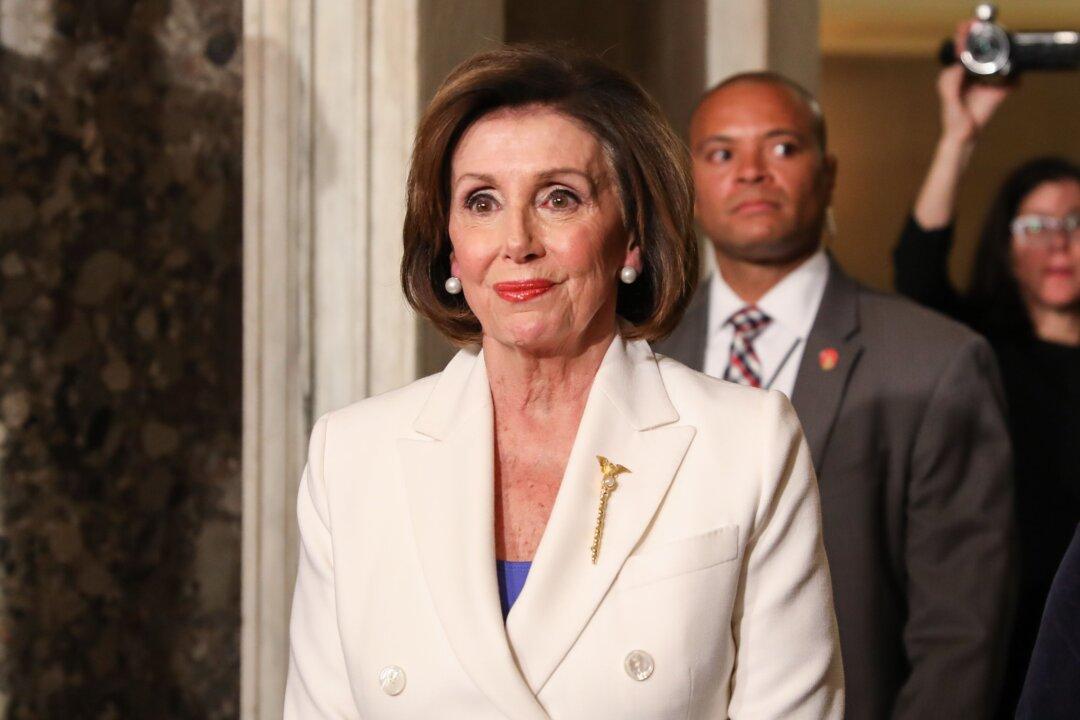The office of House Speaker Nancy Pelosi (D-Calif.) requested that Facebook and Twitter take down a video of clips from President Donald Trump’s State of the Union address with shots of her tearing apart a copy of the speech. Both of the social media companies denied her request, citing different reasons.
The video, posted by Trump’s official Twitter account, interspersed clips of Pelosi ripping the papers at the end of the speech with moments of emotion and standing ovations during the speech. “Powerful American stories ripped to shreds by Nancy Pelosi,” the text above the video reads.





